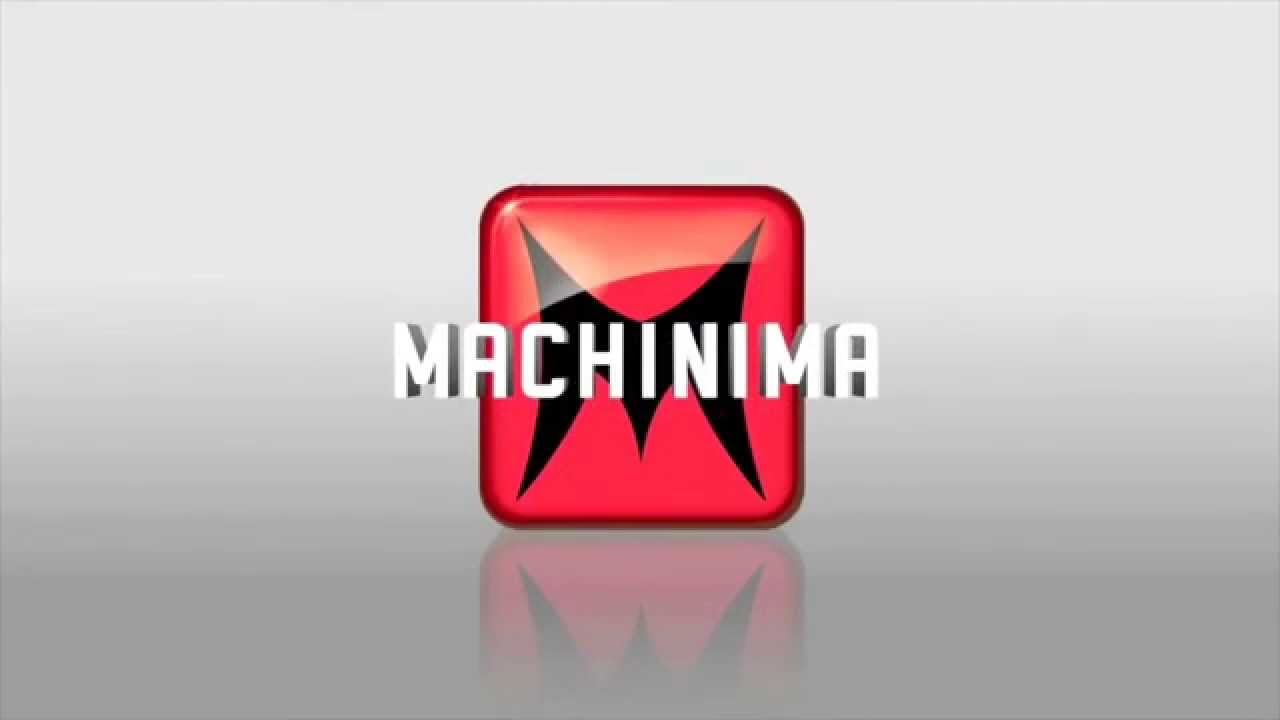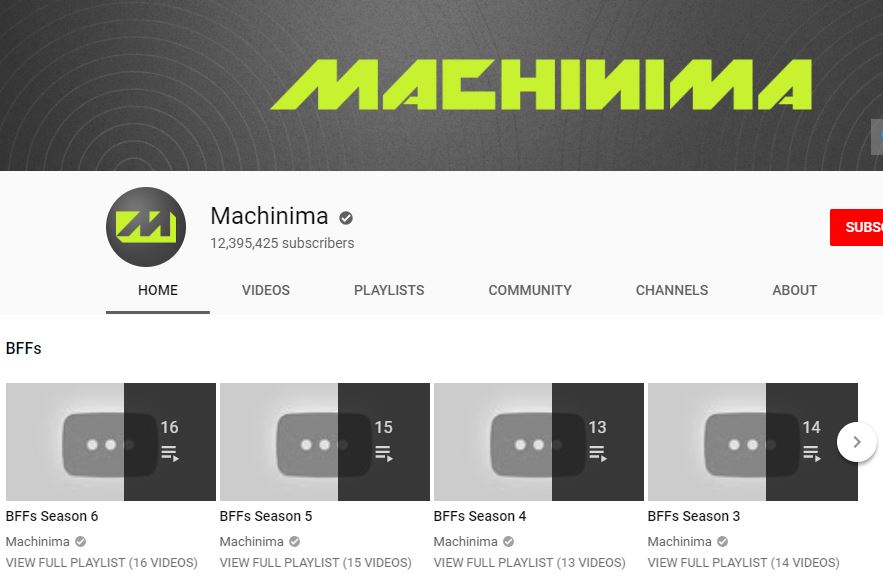Machinima is a good reminder of just how disposable the internet is
None of our digital goods or digital communities will last forever.

12 years ago, if I was looking for sweet 480p video footage of a new game, I'd probably go to GameTrailers. A few years after that, if I was hunting for new footage, it was probably on YouTube, and odds were good the video I'd end up on was uploaded by Machinima. Today, GameTrailers still exists in name only as a trailer dumping ground on YouTube. And last Friday, after a reorganization driven by parent company AT&T, Machinima suddenly set every video on its channel to private, effectively erasing more than a decade of game-related videos from the internet.
If anyone still needed reminding that the internet's history is more fragile than we often assume it to be, well, here it is.
For years, Machinima operated as a powerhouse multi-channel network on YouTube, and it had some scandals along the way, with problematic undisclosed endorsements and draconian contracts for creators. Whether or not you mourn the loss of Machinima as an organization, it's striking to see the gaming channel's decade of history and thousands of videos gone in a flash. Much of the game footage from the Xbox 360 came from Machinima, and the network ran many original series over the years, including Mortal Kombat: Legacy, Felicia Day's Dragon Age: Redemption, and years of actual machinima videos.
Ironically, YouTube's size has made it hard to completely stomp out pirated and re-uploaded material, so there's a good chance much of what was lost with Machinima is still out there somewhere. Others will be circulated in badly seeded torrents by the most diehard fans. And perhaps Machinima's parent organization Otter Media (which is owned by AT&T) will bring some stuff back. But even if that happens, it won't be forever. At some point, someone else will make the call that maintaining years worth of old videos isn't worth the money or the hassle, and the slate will again be wiped clean.

Maybe nothing on the internet should last forever. It can be fun to play early 90s/2000s internet archeologist and hunt down our first embarrassing Geocities pages and Xangas and old photographs we forgot we uploaded. My life was definitely enriched by hardware editor Bo Moore sharing his 1999 Pokemon website (it was open 24 hours a day!). But I feel like the internet's accumulated history can also weigh on us, much like our lives are defined by our stuff. Is it really a great loss if that cringe-worthy blog or video you made in 2005 disappears?
Probably not. But Machinima's erasure isn't a case of someone's personal internet footprints being dusted away. Those videos were a culturally significant part of the internet's history, and they're not gone because the creators wanted them to be. They're gone because the content of the internet is increasingly driven by massive companies like Disney and Comcast and AT&T, and they could not possibly care less about archiving anything. They care about money, and a few thousand videos from 2008 aren't even a blip on a spreadsheet. In most cases, they probably don't even know what they're deleting: Verizon-owned Tumblr didn't understand what it was doing to its community of artists when it recently banned and deleted adult content. These companies just see a brand name they paid money for, and an opportunity to wring more value out of it.
Get used to more stories like this one, because ownership of the internet is consolidating even as it grows bigger and bigger. It's all too easy for one decision to wipe out a chunk of internet history that was once important to you. Because YouTube is internet video, it can destroy the functionality of old videos by changing a feature like annotations. Because Chrome is the most popular web browser and Google is the most popular search engine, Google can influence how ads are served online or break the functionality of old web games.
Keep up to date with the most important stories and the best deals, as picked by the PC Gamer team.
Multibillion-dollar telecoms aren't the only ones guilty of this, of course. It happens on websites (even ours!) all the time, as old pages housing outdated information are redirected to newer ones. Changes from one website backend or design to another can break pages that were once laid out with care. Whole websites are shut down when publishers shutter their brands, because why keep paying the server costs? Games disappear from Steam because the rights expire. Steam may have a "disaster recovery plan so Steam doesn't go under if [its] main data center is hit by a meteorite," says Valve, but even that won't last forever. Someday those servers will be shut down, because someone has to pay for them.
There are sites like Archive.org that are committed to preserving the internet's history, and they have a lot of work ahead of them. Our digital goods are only going to get more disposable.

Wes has been covering games and hardware for more than 10 years, first at tech sites like The Wirecutter and Tested before joining the PC Gamer team in 2014. Wes plays a little bit of everything, but he'll always jump at the chance to cover emulation and Japanese games.
When he's not obsessively optimizing and re-optimizing a tangle of conveyor belts in Satisfactory (it's really becoming a problem), he's probably playing a 20-year-old Final Fantasy or some opaque ASCII roguelike. With a focus on writing and editing features, he seeks out personal stories and in-depth histories from the corners of PC gaming and its niche communities. 50% pizza by volume (deep dish, to be specific).

